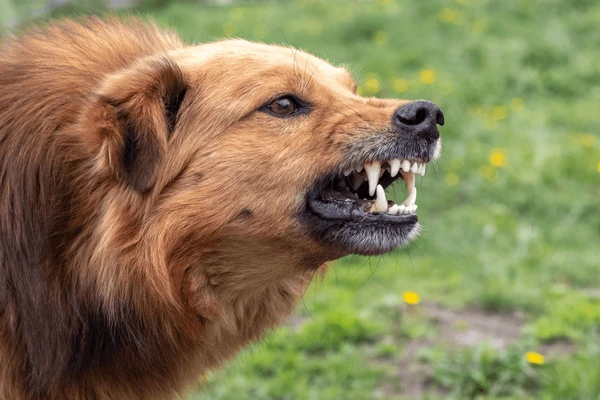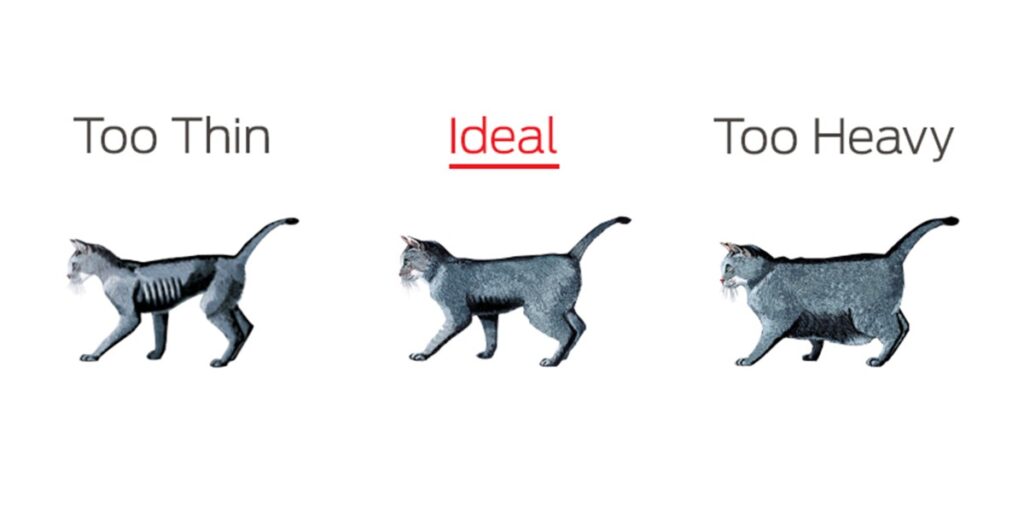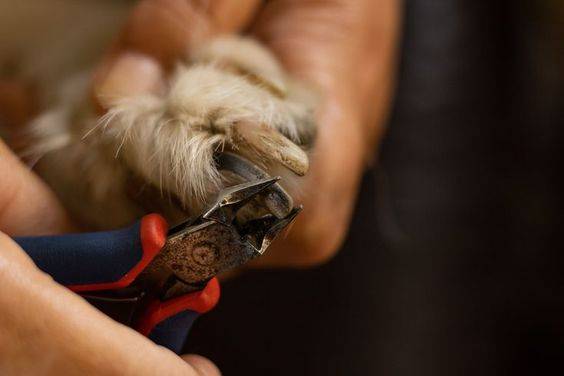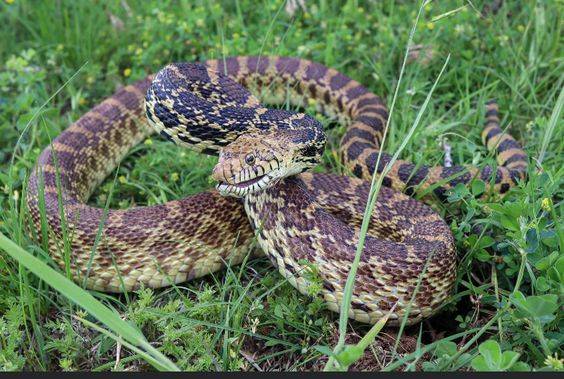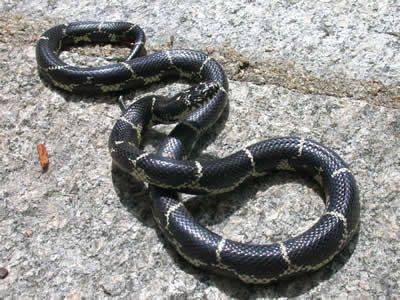In the world of dogs,The topic of most aggressive dog breeds often stirs up controversy and misinformation. While it’s true that certain breeds have a reputation for aggression, it’s essential to explore deeper into the factors that contribute to this behavior. However, are these reputations warranted, or are they simply the result of misconceptions and stereotypes? In this article, we’ll explore the truth behind the most aggressive dog breeds, debunk common myths, and provide valuable insights for current and prospective dog owners.
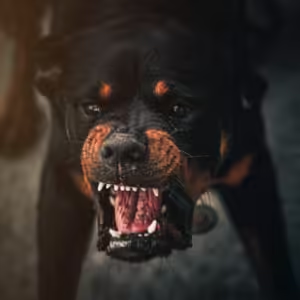
Understanding What are the Most Aggressive Dog Breeds:
Before exploring specific breeds, it’s crucial to understand what the most aggressive dog breeds in dogs entails. Aggression is a complex behavior that can be evident in various forms, including fear-based aggression, territorial aggression, and dominance aggression. It’s essential to recognize that aggression is not simply determined by breed but rather influenced by a combination of genetics, environment, and individual temperament.By exploring the various factors contributing to canine aggression, we can better understand the complexities of this behavior.
Debunking Myths About Most Aggressive Dog Breeds:
Let’s tackle some of the most common myths surrounding most aggressive dog breeds. One of the most general myths surrounding aggressive dog breeds is the belief that aggression is completely determined by breed genetics. While certain breeds may have genetic predispositions towards certain behaviors, including aggression, it’s important to recognize that upbringing and socialization play significant roles in shaping a dog’s behavior. Additionally, breed-specific legislation often unfairly targets certain breeds based on stereotypes rather than scientific evidence.
The Top 10 Most Aggressive Dog Breeds:
While aggression can occur in any breed, some breeds have gained notoriety for their perceived aggression. It’s essential to approach this topic with nuance and understanding, recognizing that individual dogs within these breeds can vary widely in temperament. Here are 10 most aggressive dog breeds often associated with aggression:
- Pit Bull Terrier
- Rottweiler
- German Shepherd
- Doberman Pinscher
- Bullmastiff
- Siberian Husky
- Alaskan Malamute
- Chow Chow
- Akita
- Dalmatian
It’s important to note that while these breeds may have a higher prevalence of aggression compared to others, many factors contribute to an individual dog’s behavior, including socialization, training, and environment.
The Role of Socialization and Training:
One of the most influential factors in shaping a dog’s behavior is socialization and training. Regardless of breed, early socialization and positive reinforcement training are important for preventing and managing aggression in dogs. Providing proper training and guidance can help instill good manners and impulse control, reducing the likelihood of aggressive behavior. Additionally, understanding a dog’s body language and recognizing early warning signs of aggression can help prevent potential conflicts.
The Role of Genetics in Canine Aggression:
While genetics can play a role in predisposing certain breeds to aggression, it’s important to remember that genetics are not the only determining factor. Responsible breeding practices, early socialization, and proper training can mitigate genetic predispositions towards aggression. Breeders and owners alike should prioritize selecting dogs from reputable breeders who prioritize temperament and health.
The Impact of Environment on Dog Behavior:
A dog’s environment plays a significant role in shaping its behavior, including aggression. Factors such as socialization, training methods, living conditions, and owner interactions all contribute to a dog’s temperament. Providing a stable and nurturing environment, along with positive reinforcement training, can help reduce aggressive propensities in dogs of all breeds.
Can Aggression in Dogs Be Predicted?
While it’s impossible to predict with certainty whether a dog will exhibit aggressive behavior, certain warning signs may indicate a higher risk. These include a history of aggression towards people or other animals, resource guarding, fearfulness, and lack of socialization. However, it’s essential to approach each dog as an individual and not rely simply on breed stereotypes when assessing behavior.
The Legal Implications of Owning an Aggressive Dog Breed :
Owning a dog with a reputation for aggression carries legal responsibilities and potential consequences. Many regions have implemented Breed-Specific Legislation (BSL) targeting certain dog breeds deemed inherently dangerous. Breed-specific legislation, which restricts or bans certain breeds deemed “dangerous,” varies by jurisdiction and can impact ownership rights. Additionally, owners of aggressive dogs may face liability for damages or injuries caused by their pets, emphasizing the importance of responsible ownership and training.
Case Studies and Success Stories:
Highlighting real-life examples, we’ll showcase instances where so-called most aggressive dog breeds have defied stereotypes and become beloved family pets. From pit bulls serving as therapy dogs to German Shepherds excelling in search and rescue missions, these stories challenge preconceived notions and celebrate the potential of every dog, regardless of breed.
Responsible Ownership:
Ultimately, responsible ownership plays a pivotal role in shaping a dog’s behavior. We’ll provide practical tips and guidance for prospective dog owners, emphasizing the importance of proper training, socialization, and ongoing care.
Ending
In Ending, the topic of most aggressive dog breeds is complex and multifaceted. While certain breeds may have a higher prevalence of aggression, individual temperament, upbringing, and environment play significant roles in shaping a dog’s behavior. By understanding the factors that contribute to aggression and prioritizing responsible ownership, we can work towards promoting positive relationships between dogs and humans, regardless of breed. Let’s rewrite the narrative, one dog at a time, and celebrate the unique qualities that make each breed special.

